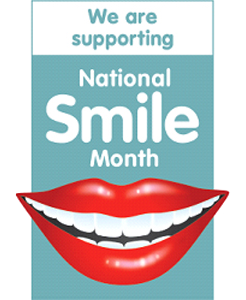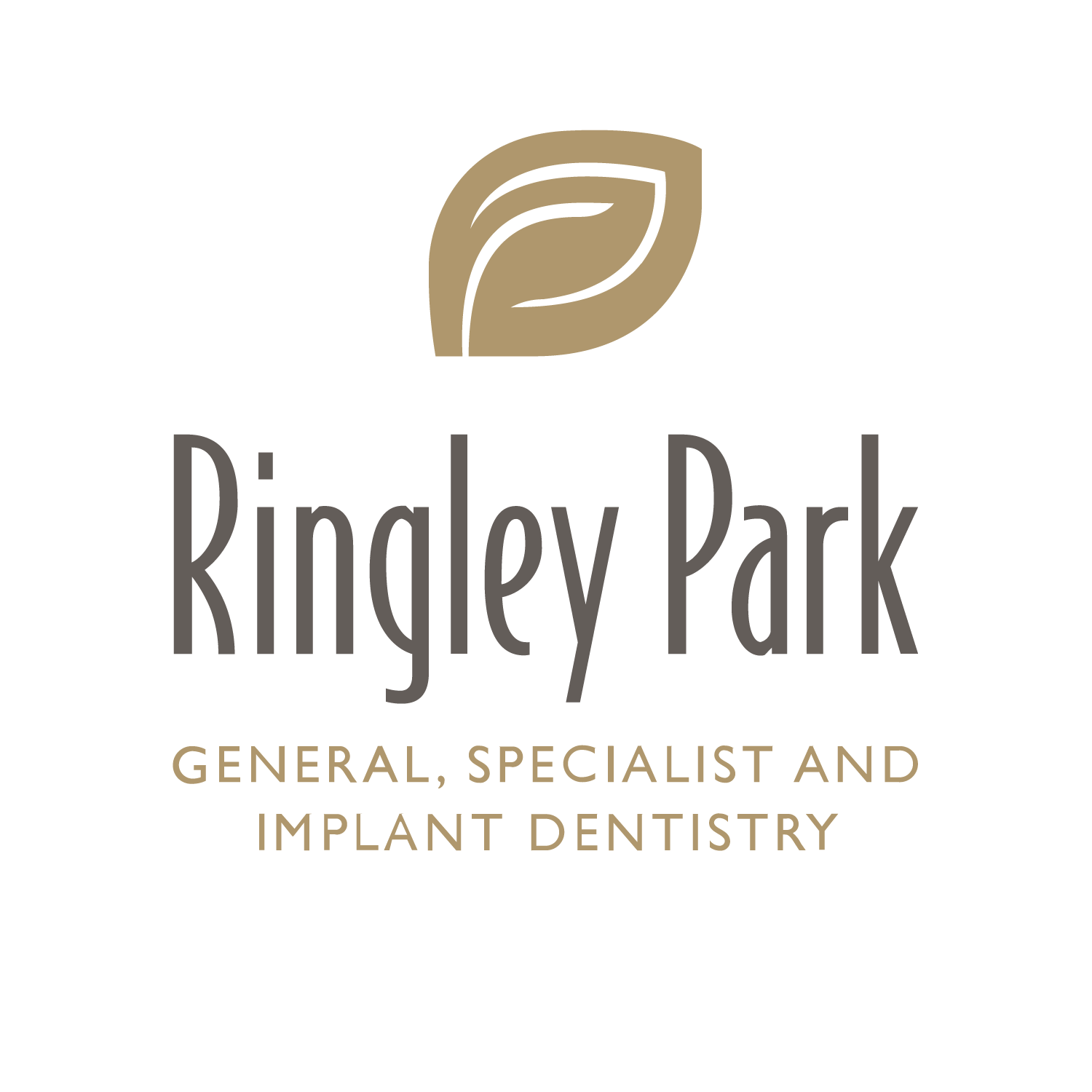 As National Smile Month comes around once again (13th May – 13th June), we’ve been looking forward to a whole month of raising awareness for the value of a healthy smile. This year’s theme, ‘Love Your Smile’, sees the Oral Health Foundation share lots of useful resources to help you look after your teeth and gums. This year they will also be shining a light on the connection between oral health and systemic disease.
As National Smile Month comes around once again (13th May – 13th June), we’ve been looking forward to a whole month of raising awareness for the value of a healthy smile. This year’s theme, ‘Love Your Smile’, sees the Oral Health Foundation share lots of useful resources to help you look after your teeth and gums. This year they will also be shining a light on the connection between oral health and systemic disease.
Inspired by National Smile Month, this blog will explore this connection and explain why good oral hygiene is an important part of protecting our bodily health.
The mouth is a window to our overall health
You might not realise it, but your mouth is full of clues about the state of your overall health. Everything in the body is connected, and when one part of your body is tipped into ill health it can have a knock-on effect around the body.
For instance, certain oral health issues can impact your appetite and make it harder to eat properly. This can then lead to poor nutrition, which in turn can impact your physical health and mental wellbeing.
Furthermore, research has found that bacteria found in the mouth can increase the risk of heart disease, strokes, lung problems, and has even been linked to Alzheimer’s.
Conditions and diseases linked to oral health
Gum disease begins when bacteria-laden plaque builds up around the teeth, and it impacts over 45% of UK adults. A connection between gum disease and systemic diseases has been suspected by researchers for decades. Research from Harvard Medical School found that people with gum disease are two to three times more likely to have a heart attack, stroke or other cardiovascular event.
While this connection is partially due to shared risk factors such as smoking and diet, emerging evidence suggests that the bacteria present in gum disease is able to travel around the body. This bacteria can then cause inflammation in the heart’s vessels and infection in the valves. This bacteria has also been found to cause strokes and respiratory conditions such as pneumonia and emphysema. Recent studies have also found that the same bacteria present in gum disease is associated with the development of Alzheimer’s.
Oral health is especially important for patients diagnosed with diabetes. People with type 2 diabetes are 86% more likely to develop gum disease. This connection goes both ways as inflammation caused by gum disease can lead to higher blood glucose levels, increasing risk of diabetes.
Signs that you may have gum disease include swollen gums, bleeding gums, loose teeth, bad breath and sensitive teeth. It is important to book a dentist appointment right away if you experience any one of these symptoms.
Good oral hygiene helps protect your overall health
Daily brushing and flossing are key in preventing gum disease. You should brush your teeth with a fluoride toothpaste two times every day for two minutes. Remember to spit after brushing and not rinse with water, as this helps the fluoride to stay on your teeth for longer. Follow up by cleaning between your teeth with an interdental brush or floss to ensure plaque is removed from the areas your toothbrush can’t reach.
An often overlooked part of caring for your teeth and gums is booking in regular appointments with a dental hygienist – especially when it comes to preventing gum disease. Some areas of your mouth, such as below the gumline, can only be cleaned by a dental professional. In addition to preventing and treating signs of gum disease, your hygienist will also be able to offer personalised advice on how to best look after your teeth and gums at home.
Book your hygiene appointment today at Ringley Park
At Ringley Park, our friendly dental hygienists are experts in preventative care and gentle cleaning. Book your hygienist appointment online or speak to a member of the team on 01737 240123 to give your teeth and gums the level of care they need for long-term health.
Take advantage of the free information and resources posted during National Smile Month by following the Oral Health Foundation on social media @oralhealthfoundation or visiting their website www.dentalhealth.org/national-smile-month

